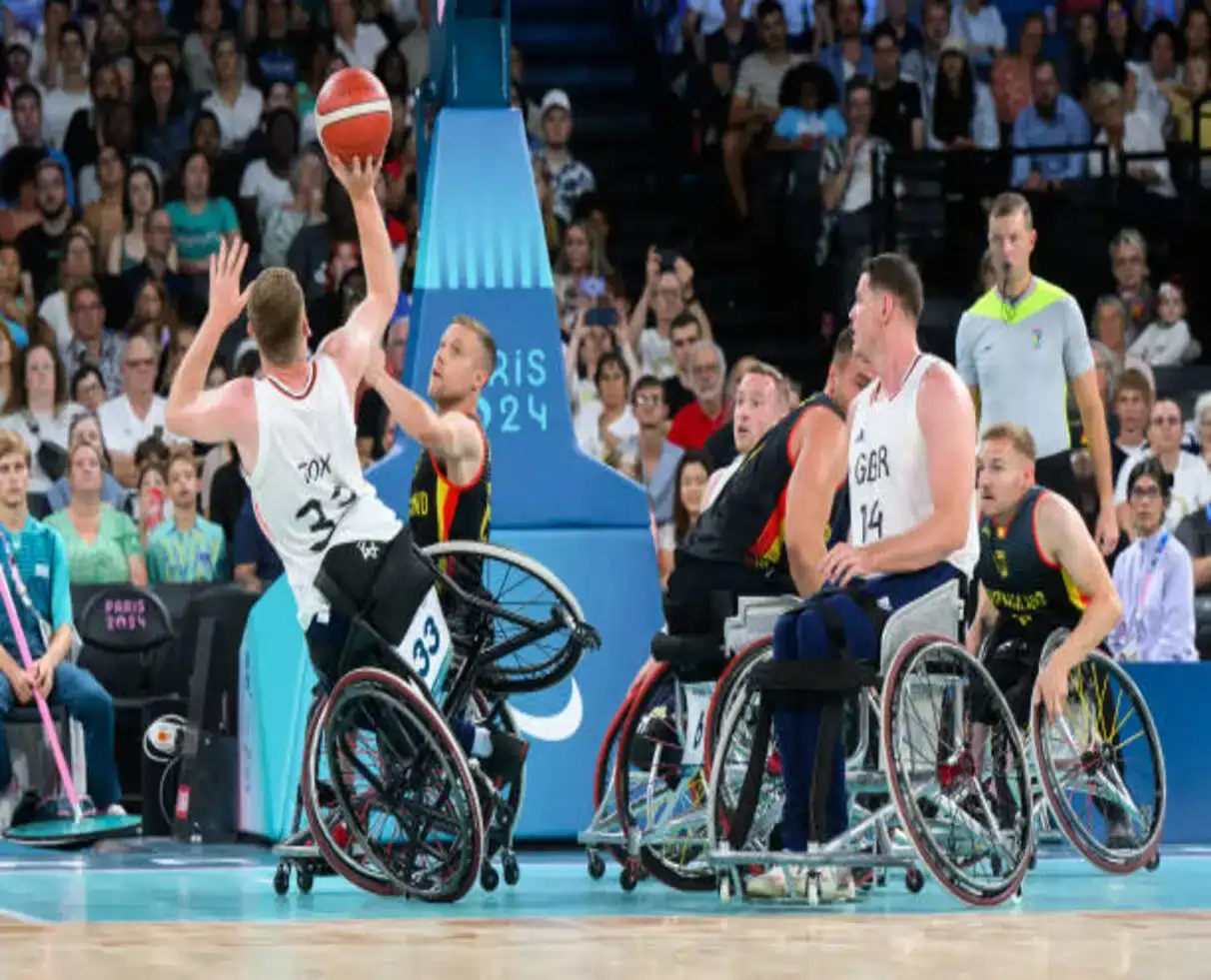
The Summer Paralympic Games have become the second most important multi-sport event in the world, second only to the Olympic Games themselves.
No less than 4,400 athletes from 166 countries, plus delegations from refugees and neutrals, are taking part in the Games, which are currently taking place. There will be 549 medal events in 22 different sports. Before the competitions began, two million tickets had been sold to spectators from 144 countries.
The Paris Paralympic Opening Ceremony was broadcast to 300 million viewers. While cumulative audience figures are not yet available – which will of course be announced at the end of the event – the International Paralympic Committee (IPC) estimates that up to 225 broadcast rights holders (TV and radio networks), websites, digital and audio platforms and social media will cover the Games, drawing on more than 1,450 hours of live coverage to be produced by Olympic Broadcasting Services (OBS). More than 2,200 journalists have been accredited for the event.
Also Read: The United States is Excited to Have Two Players Qualify for the Semi-Finals at the US Open
Add to this the agreement reached with YouTube and TikTok for live streaming of the events, and it is no surprise that virtually the entire world population can follow the competitions if they wish. In any case, the IPC expects Paris 2024 to overcome the cumulative audience of 4.1 billion people who tuned in to the Tokyo 2020 and Rio 2016 Paralympics.
The figures for Spain, which is in twelfth place in the international medal table, are not insignificant. The Paris delegation includes 150 athletes (139 of them with disabilities and 11 support athletes: athletics and triathlon guides and rowing coxswains) who will participate in 16 different sports. According to the Spanish Paralympic Committee (CPE), the expedition is moving 17.8 tons of luggage for this edition of the Games.
And, pending the final audience figures for Paris 2024, the Tokyo games brought together, live or delayed, 10.83 million viewers on RTVE.
The great showcase that has transformed the image of disability
Since its beginnings as a small competition for World War II veterans with spinal injuries organized by Ludwig Guttmann in 1948 in the English town of Stock Mandeville and, specifically, since its first official celebration as Paralympics in Rome in 1960, in which 400 athletes from 23 countries participated, the Games have not stopped growing quantitatively and, above all, qualitatively.
In fact, the Paralympic movement has become the greatest exponent and, in fact, the fundamental driving force behind the transformation of the social image of disability throughout the world. Because, although it is true that people with disabilities and their representatives had made great progress in this regard during the last decades of the last century, only this movement has managed to project them in their true potential and in such an indisputable and universal way.
The Games portray people with disabilities not as the eccentricities of Freaks (1932) that we should fear, reject, or feel sorry for, nor as extraordinary phenomena that we should admire and care for, as is the case with Rain Man, for example, but as powerful personalities who, like all other elite athletes, face their difficulties with determination and courage. Like them, they may or may not achieve their goals, but they do their best to achieve them.
During the Games, we see athletes with major amputees swim, run, or jump in ways we could never do ourselves, we see blind athletes play football, and we see the most skilled and strongest wheelchair basketball or tennis players. We enjoy the spectacle of overcoming obstacles first-hand.
But the Paralympic Games have made us forget about these amputations and wheelchairs and focus on the emotion that competition produces in us. And that is their great achievement: that we understand disabled athletes as athletes, without surnames, that we rejoice in their triumphs and are saddened by their defeats, as happens with any compatriot in any competition.
Now, if the Paralympic Games are such a significant sporting event that arouses so much interest in society, how can it be explained that, as many studies carried out over the last twenty years have shown, the media do not give them the attention they deserve?
It is clear that there has been a positive development in recent years, largely due to the efforts made by the Paralympic Committees of some States – and the Spanish one is a true example of this. However, there is still a marked lack of media attention that is becoming less understandable every day.
Despite the impressive figures we have seen above, the hours dedicated to the Paralympics, the number of special envoys to the Games, and the pieces published in the press… are still a tiny percentage of those dedicated to the Olympics. But, above all, they do not respond to the interest shown by the public.
It is also difficult to understand why the media continues to pay less attention to female athletes than the presence of women at the Games would require.
This discrimination is not only seen in traditional media but also in the communication of the Paralympic Committees themselves. But there is more: the image shown of female athletes has always been and continues to be sexist: research still shows that women see themselves as “ladies” and men as “athletes”.
This year’s Games will see a record for female participation, with 1,983 athletes – more than double the 988 in Sydney 2000 – representing 45% of the participants. In addition, 35 countries will break their own records for the number of female athletes at the Games, while 27 delegations have more female than male athletes. We’ll see what happens.
